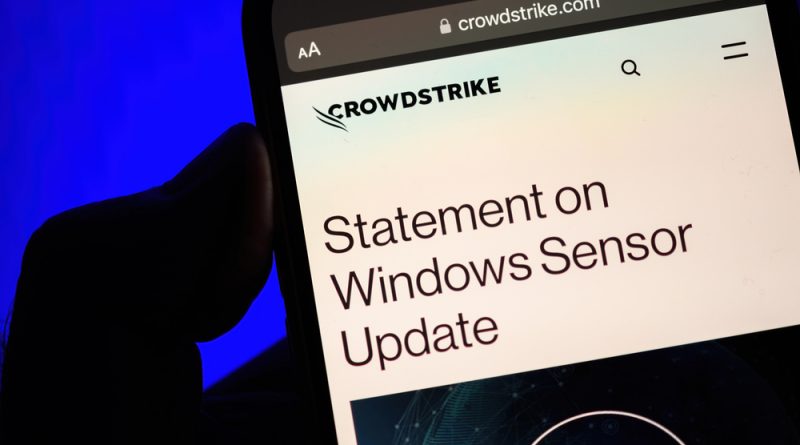How to Protect Yourself from Scams Amid the CrowdStrike Outage
The recent Microsoft IT outage, caused by a software update from cybersecurity company CrowdStrike, has affected services worldwide. With 8.5 million Windows devices impacted, the disruption has not only caused chaos but also opened the door for scammers looking to exploit the situation.
While the outage was not the result of a cyberattack, the confusion it created has been fertile ground for malicious actors. America’s Cyber Defense Agency, the UK’s National Cyber Security Centre, and Australia’s National Anti-Scam Centre have all issued warnings to consumers to be vigilant against scams during this time.
Here are some steps to protect yourself from scammers as the fallout from the outage continues:
1. Be Alert
Awareness is your first line of defense. Scammers are capitalizing on the CrowdStrike outage by sending phishing emails and malicious ZIP files, such as “crowdstrike-hotfix.zip.” Avoid downloading software from unknown sources and be cautious when receiving unsolicited requests for personal information.
2. Go Straight to Official Websites
David Brumley, a professor at Carnegie Mellon University, notes that scammers often pose as CrowdStrike or other affected organizations, offering help. Always contact business representatives directly through their official websites and support channels, rather than responding to emails or texts.
CrowdStrike has set up a “Remediation and Guidance Hub” on its blog, and Microsoft offers support through its official page. Use these resources for accurate information and assistance.
3. Don’t Rush
Scammers often create a sense of urgency to prompt hasty actions. Slow down and verify any requests for personal or financial information. Be especially wary of unsolicited texts or emails.
4. Report the Scam
Each country has designated websites for reporting scams. In Australia, visit Scamwatch. In the UK, email [email protected]. In the US, report fraud to the Federal Trade Commission. Reporting scams helps authorities track and combat fraudulent activities.
5. Check in with Vulnerable Friends and Family Members
Older adults are often prime targets for scams. The US National Institute of Aging suggests checking in with elderly friends and family to ensure they are aware of potential phishing scams. Australia’s Minister for Home Affairs, Clare O’Neil, also emphasizes the importance of protecting vulnerable individuals from scams related to the outage.
Additional Tips
- Stay Updated: Follow reliable sources and official announcements for updates on the outage and any related scams.
- Educate Yourself: Familiarize yourself with common phishing tactics and how to spot them.
- Use Security Software: Ensure your devices are protected with up-to-date security software.
By staying alert and taking these precautions, you can protect yourself and your loved ones from falling victim to scams during the ongoing CrowdStrike outage.

